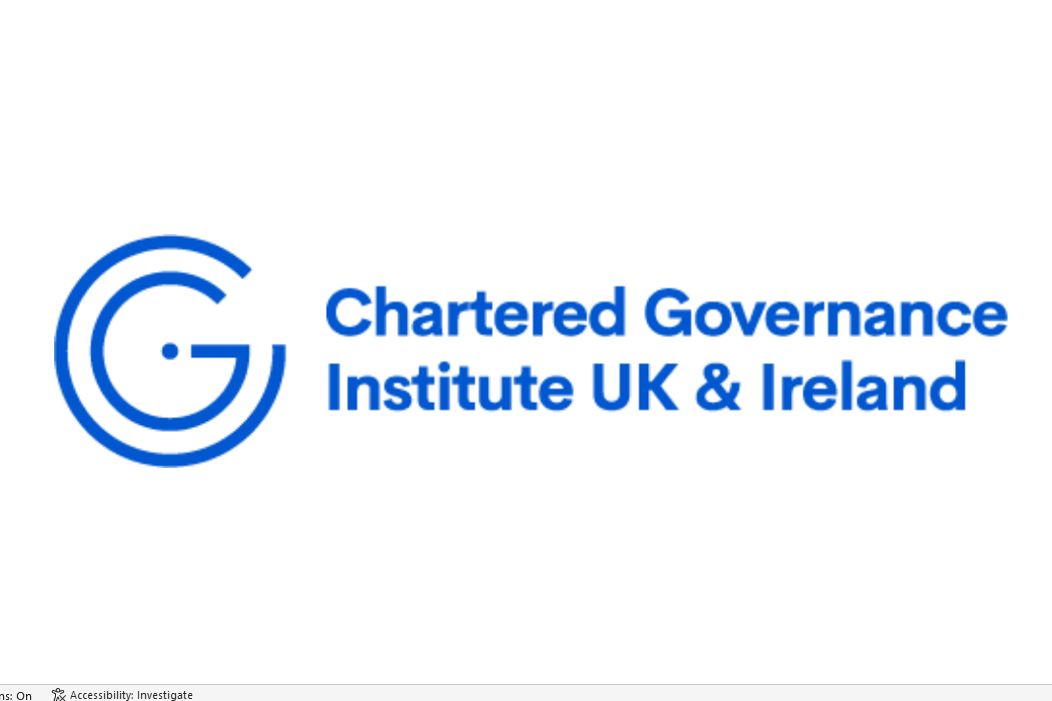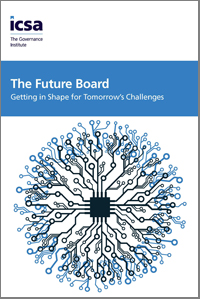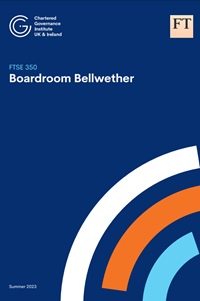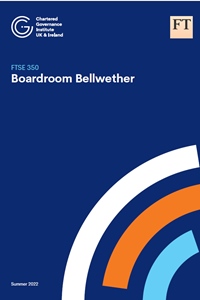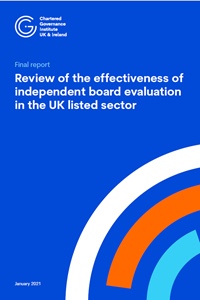Boards are being bombarded by new regulatory requirements. The list of people to whom they are expected to be accountable continues to grow, as does the list of issues on their agenda, including many that simply didn’t exist until
relatively recently. Over the same period there have been enormous changes in the way organisations and individuals work.
All this is happening while boards are trying to steer their organisations through challenging times and doing their best to equip them for a future that is hard to predict. Arguably, for typical boards, their structure, functions and ways of working have not changed at anything like the pace of the organisations they lead or the world in which they operate. The purpose of this report is to ask: is the traditional model of the board capable of meeting the expectations we now place on it, and is it the most efficient way of doing so? And is there a need for radical thinking about what boards do and what they look like to equip them for the future?
The Future Board: Getting in Shape for Tomorrow’s Challenges
